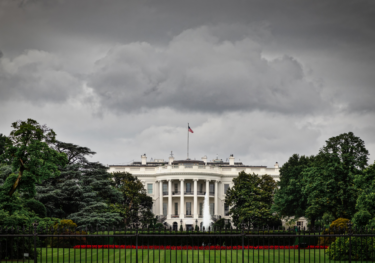Asia – Inflation and monetary policy outlook
Inflation is back in focus amid persistent supply chain disruptions and soaring input prices. Is Asia more insulated than the rest of the world? What are the implications for monetary policy normalisation? We discuss how the impact will vary across different APAC economies.

Priyanka Kishore
Head of India and South East Asia Macro Services

Priyanka Kishore
Head of India and South East Asia Macro Services
Priyanka Kishore | Head of India and South East Asia Macro Services
Priyanka Kishore has more than a decade’s experience in macroeconomic research and forecasting across emerging markets, with a special focus on India and ASEAN. She currently leads Oxford Economics’ Singapore Global Macro Services team and is responsible for overseeing the firm’s South and South East Asia research. Her role includes co-ordinating OE’s Asia views and forecasts, undertaking related consultancy work and doing client presentations. In addition, she specializes in macro-modelling and scenario analysis aimed at quantifying the short and medium-term impact of exogenous shocks on different economies.

Sian Fenner
Lead Economist

Sian Fenner
Lead Economist
Sian Fenner | Lead Economist
Sian Fenner is a Lead Asia Economist at Oxford Economics and is involved in the forecast and presentation of the Asian macroeconomic views with a lead role in our coverage of Singapore, Malaysia, Vietnam and Japan. Sian re-joined Oxford Economics in 2013 and has over 20 years’ experience as a macroeconomic forecaster in the public and private sector primarily focused on the Asia-Pacific region. Prior to joining Oxford Economics Sian worked for Lloyds Bank as the lead emerging market economist responsible for forecasting the economic outlook, fx and monetary policy.
Related Services

Event
Frontier markets outlook: Looking for opportunities after the rally
In this webinar we will discuss which frontier markets still offer value in the wake of an extraordinary rally since October, and which have become too expensive, in our opinion. We will also offer further insights into the cases of Argentina, Nigeria, Ukraine and others.
Find Out More
Event
Economics of a second Trump presidency
Continuing our series of analyses on the 2024 election, we modeled the macroeconomic impact of a second Donald Trump presidency. If the former president wins on Election Day, he will most likely return to the White House with Republican majorities in the House of Representatives and Senate. Assuming full Republican control of government after the 2024 election, we constructed two scenarios that bookend a range of outcomes for the US economy. This webinar will discuss the results of the Trump scenarios, including for inflation, GDP, monetary policy, trade and immigration.
Find Out More